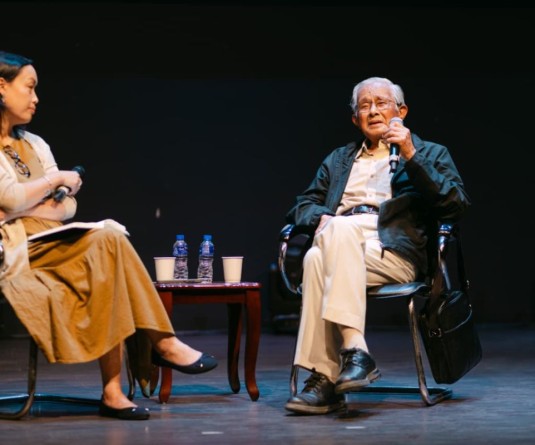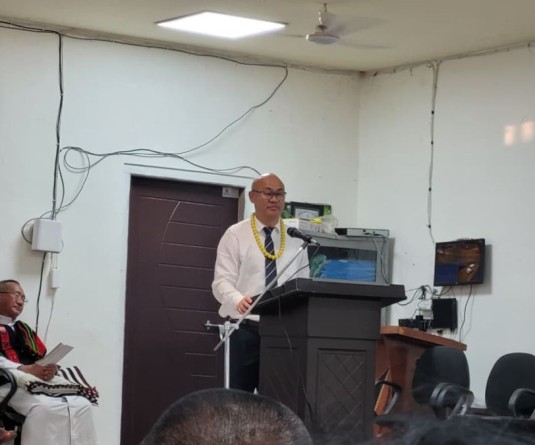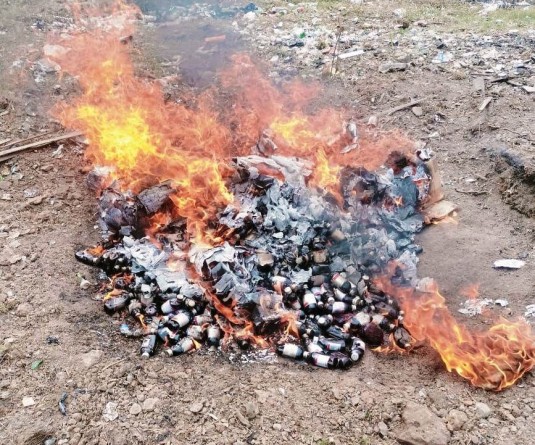
Dimapur, October 24 (MExN): On September 6, 1960, Indian military personnel tortured and killed 11 innocent civilians in Matikhru village after Naga undergrounds shot at an Indian Army aircraft, a Dakota. The killing came to be called the Matikhru massacre in memory of which the day is still observed as ‘Black Day.’ A former Naga Students’ Union of Shillong president N Theyo in his speech during commemoration of the union’s Golden jubilee narrated the incident.
The killing took place as an act of retaliation by the Indian Army after Naga undergrounds shot at an Army airplane. “On this day, eleven innocent lives were tortured and massacred without no one was held responsible. In the same year another cross firing incident took place in the same area whereby one critically injured Naga victim was airlifted to Shillong with his attendant,” Theyo said relocating the early years of the union’s activities.
“We requested the government to provide him with financial assistance for his treatment which was complied with. Fortunately, his attendant revealed that one witness and the only survivor to the Matikhru Massacre was still alive,” he said. As a students’ organization, the union took up the issue with the authorities and met with the Governor of North-East who was stationed in Shillong at that time. “An inquiry was conducted and based on the testimony of the surviving witness, the army officers, a major and a subedar involved in the massacre were court martialled,” Theyo said.
“I consider it as a big victory. Secondly, due to the concerted of Human Rights activists around the world concerning Indo-Naga issues and the widespread atrocities and violation of Human Rights, in 1960, the Indian government conceded in permitting international journalists and stakeholders to assess the prevailing situation in Naga areas. During the public meeting at Chozuba, I and former Chief Minister Vamuzo facilitated in organizing interview and public hearing of Naga people. This resulted in a wide publicity of the Indo-Naga conflict both nationally and internationally.”
Theyo also narrated how he was considered “anti-government.” His scholarship of `100 per month was suspended by the government. “It was a lot of money those days but my request to resume my scholarship was never complied with. I completed my studies without any scholarship and therefore I still am yet to realize my said Scholarship from the education department.”
Theyo said Naga students those days were respected for their honesty and integrity. “My student friends who were hardworking and sincere had achieved a respectable position in the society becoming political leaders, social workers, scholars, businessmen and occupied high position in the administration,” the former NSUS leader said.






